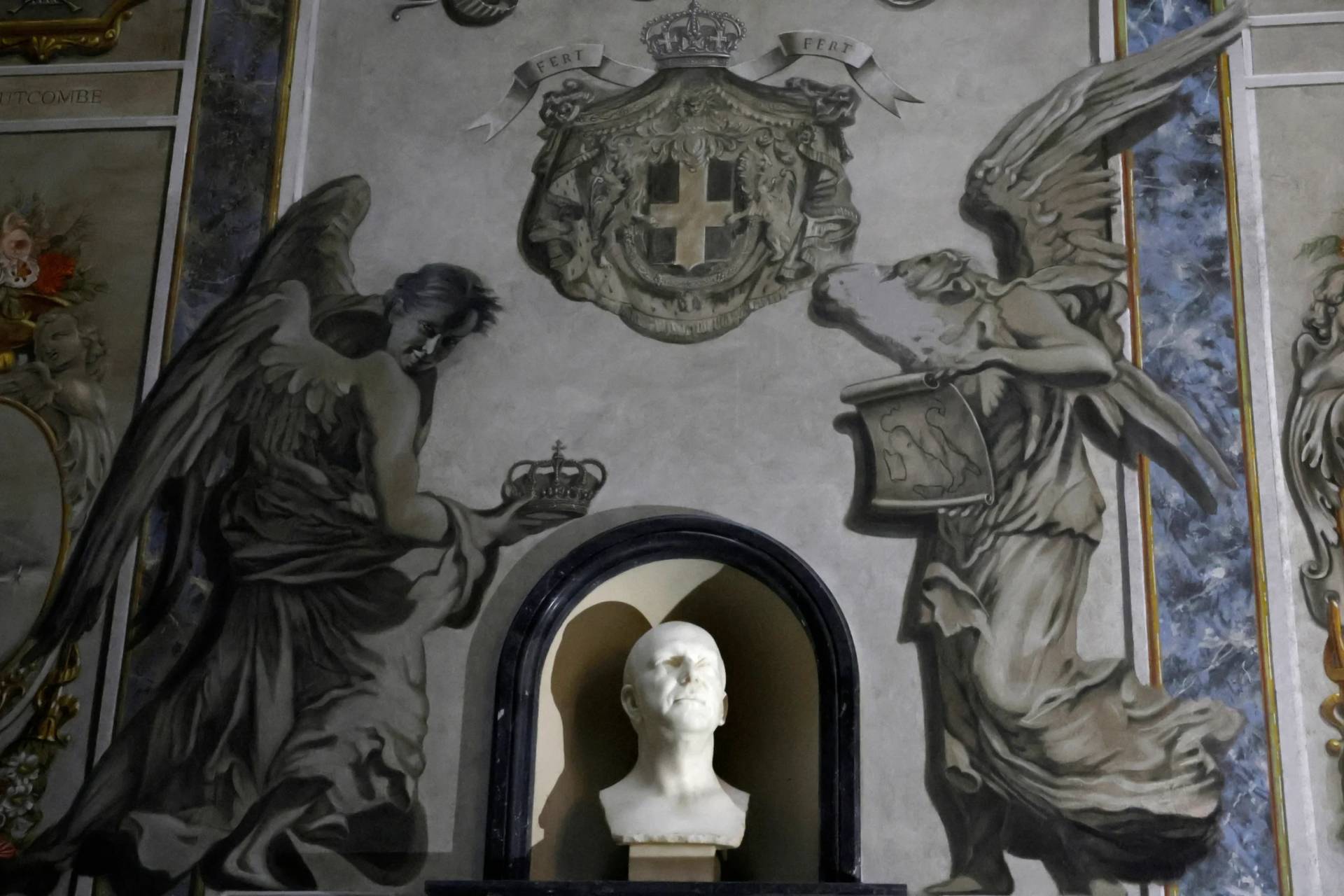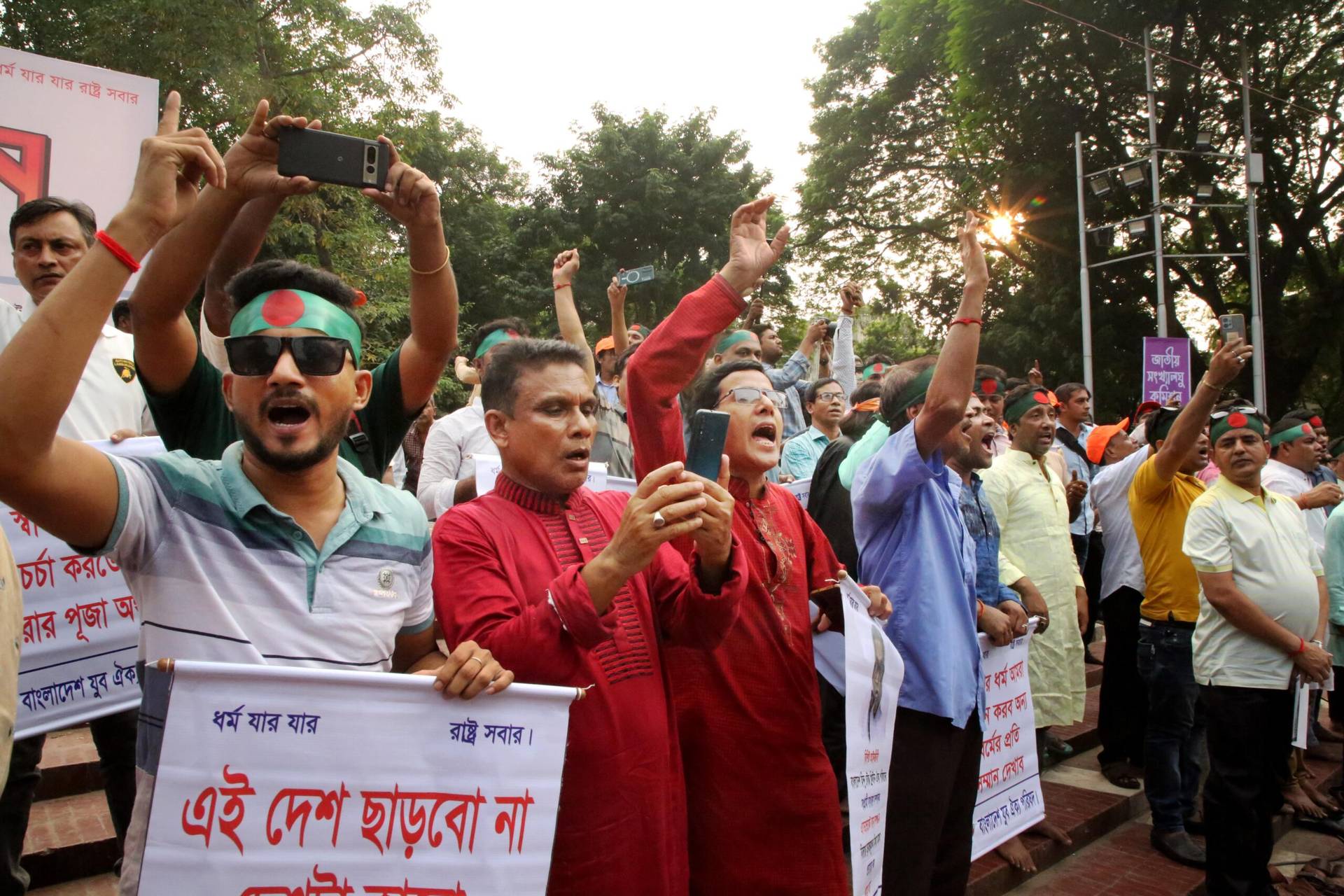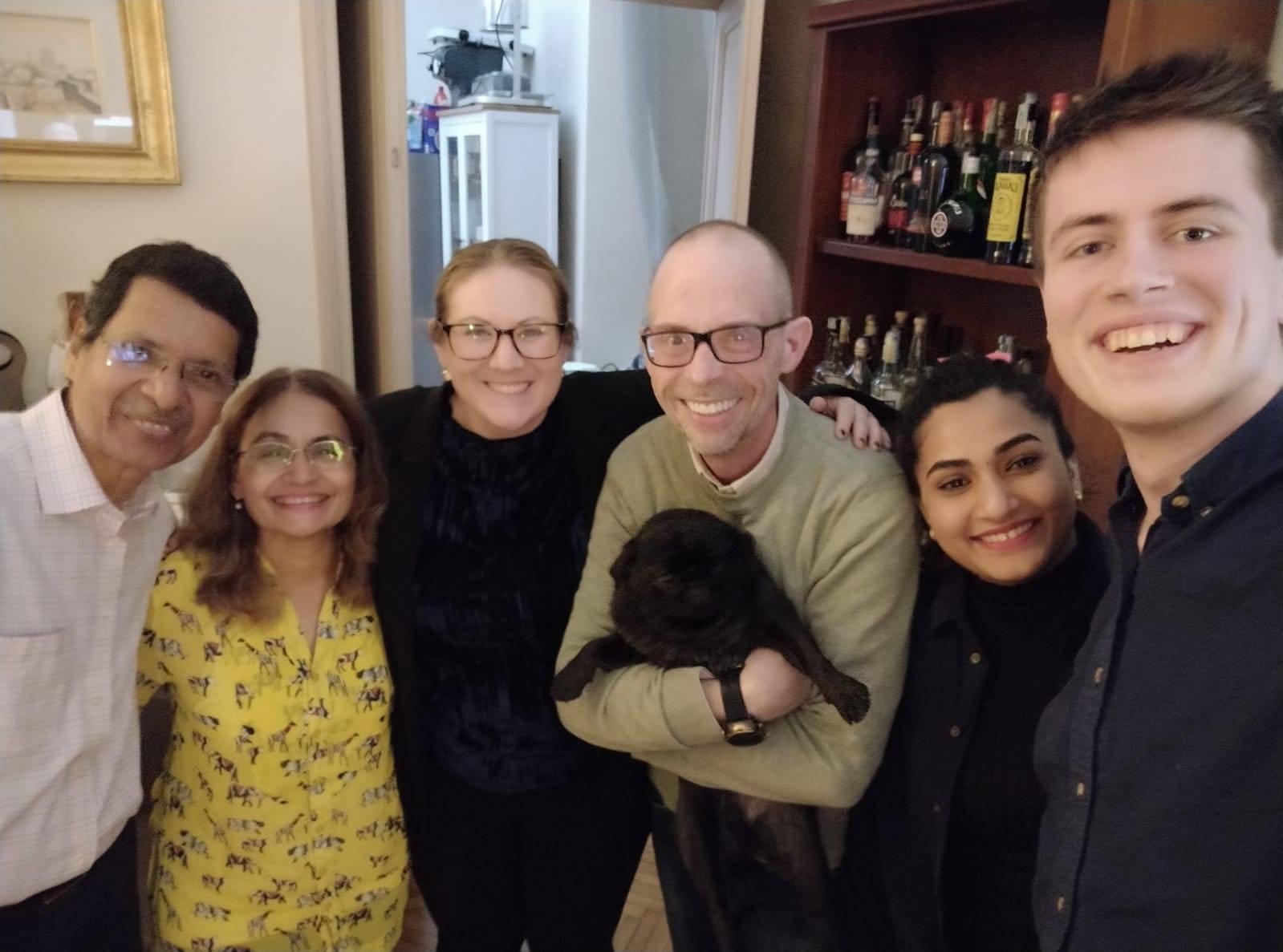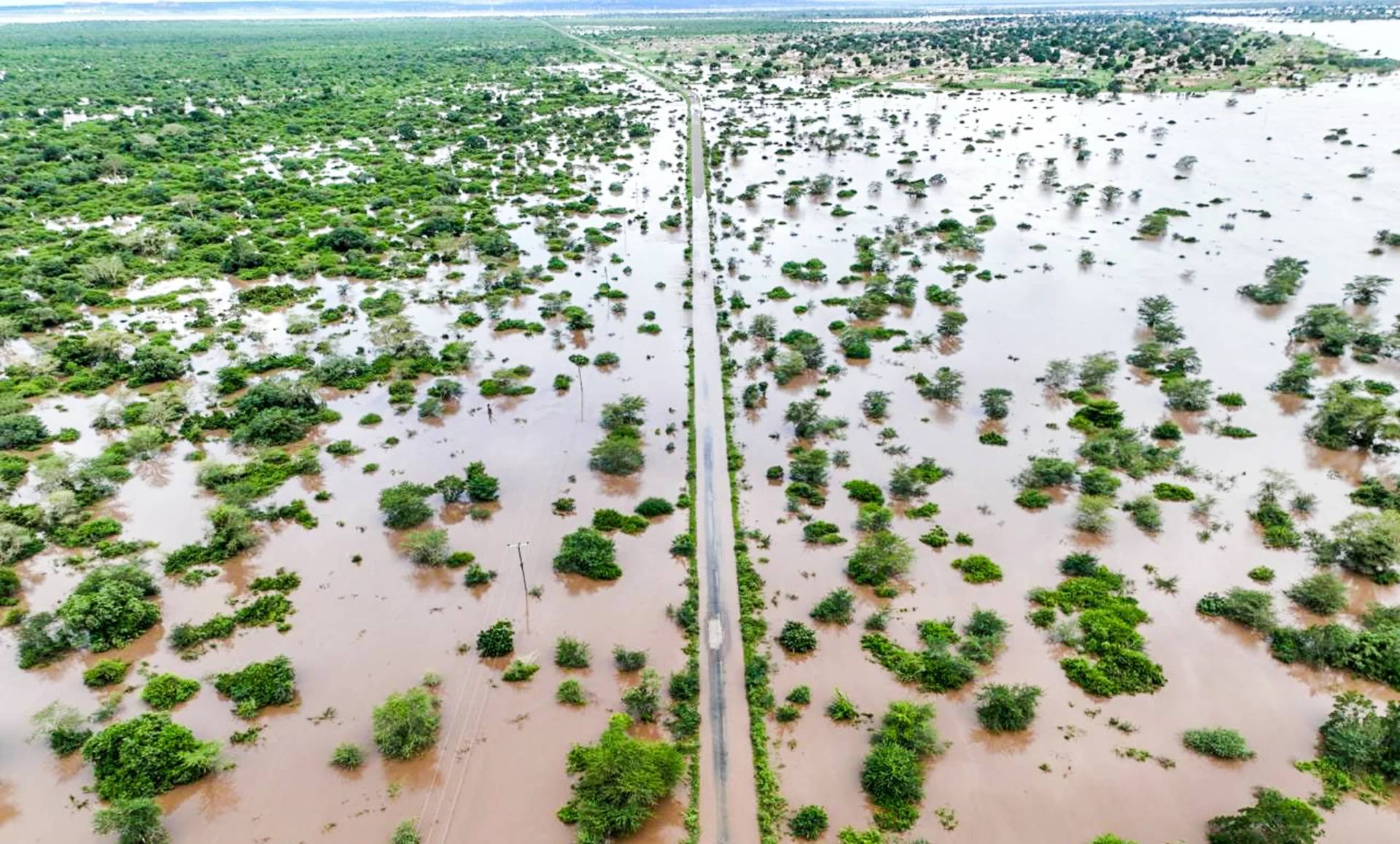As a 5-year-old, Paulus Murmu could not have imagined a future other than becoming a cane craft worker like his parents. But today, at 51, the man from the Mahali tribal community is a seasoned missioner of the Oblates of Mary Immaculate.
This fall, he became assistant parish priest of Mary, Queen Assumed into Heaven Parish at Gopalpur in northern Bangladesh. Another Oblate, 64-year-old Father Subash Anthony Costa, a local Bengali priest, is pastor.
Bengali Costa and tribal Murmu reflect the change that has taken place in the area’s Catholic missions, where local vocations have replaced overseas missioners. Western missionaries evangelized the area more than a century ago. It became Rajshahi Diocese three decades ago and is almost completely managed by local priests.
Of the 120 Catholic parishes in Bangladesh, around 90% are led by native priests, Father Dilip S. Costa, church historian, told UCA News.
Father Joyanto S. Gomes, president of Bangladesh Diocesan Priests’ Fraternity, the national forum of diocesan priests, said the decline of foreign missionaries is a sad reality, but the church will continue to prosper through their great contributions. Western missionaries built churches, schools and hostels to educate villagers and started hospitals and social development projects to reduce endemic poverty.
“We have received our faith in Christ from foreign missionaries, and they established the Bangladesh church. We will remain grateful to them forever,” Father Gomes told UCA News. He added that religious vocations are increasing, and local priests have started to go abroad to work as missionaries.
He said native clergy and religious are also managing the church’s education, health care and social services. But economic sufficiency has not been achieved yet, the priest said, adding that without support from missionaries, it is often very difficult for dioceses to carry on the church’s mission.
Murmu said he learned lessons of frugality from his family at an early age. “We collected water for drinking, bathing, washing and other daily use from faraway places. We had to ensure no water was wasted,” Murmu recalled during a recent interview with UCA News.
“The life of foreign missionaries challenges us to live with the scarcity of water, poor sanitation and impassable roads,” he said. “Often it takes a whole day to reach some mission stations, on foot and by boat. But we have the life examples of people who have gone through that before us.”
He said his priorities involve helping young people and making weekly pastoral visits to Catholics spread in five villages, four of them at least 30 minutes away on his motorbike.
Just like Murmu’s Mahali community, the diocesan Catholics are predominantly Indigenous people. They are mostly poor villagers engaged in farming and daily-wage farmwork.
Murmu, the youngest of four siblings, wanted to become a priest as he grew up watching an Italian missionary who served his parish in the 1980s.
Father Emillio Spinelli, a member of the Pontifical Institute for Foreign Missions, was the parish priest for 25 years and helped poor ethnic students to get free education and accommodation in church-run schools and hostels.
Murmu’s parents couldn’t afford his education and agreed to send him to a church-run hostel, an experience that emboldened his religious vocation.
“I loved reading books and observed great missionary activities of PIME priests. Their family visits, cordial behavior and simple life attracted me so much that I wanted to become a priest,” Murmu recalled.
However, Spinelli discouraged him from taking up religious life and urged him to complete his education, become a teacher and support his poor family and his community. He followed his mentor’s words.
In 1995, when Spinelli went home to Italy for a vacation, Murmu successfully completed a candidate selection program in the Bangladeshi capital, Dhaka. He joined the Oblates two years later.
Today, the socioeconomic conditions of the Mahali community are in tatters, Murmu said.
“Mahali people were poor when I was a child, but they had their land and other income from selling their cane products. But the invasion of plastic products reduced the demand for bamboo and cane products,” he said.
“Nowadays, many have left their traditional jobs to become day laborers, working in the fields of others. Yet their life of faith is strong. They go to Sunday Mass and participate in parish programs actively.”
Like in other parts of Rajshahi and neighboring Dinajpur Diocese, PIME missionaries played a vital role in the growth of the church in Gopalpur.
In 1904, Italian Father Santino Taveggia baptized the first ethnic Paharia from Gopalpur at a church in Kushtia, which is now part of Khulna Diocese. Father Taveggia became the first bishop when Dinajpur Diocese was created in 1927. Two PIME foreign missioners followed their confrere to lead Dinajpur until 1968, when Michael Rozario, a Bengali diocesan priest, became the first native bishop.
The legacy of missionaries, especially PIME priests, is still strongly felt, Murmu said.
“I try to imitate the committed and prayerful life of PIME missionaries I witnessed as a young boy. They were very social and embraced local people as their own. They hung out with boys and girls and played football with boys like us. Their legacy is simply unforgettable.”
The Oblates are among 20 international religious orders currently active in Bangladesh. The Oblate mission started in Bangladesh in 1973 with the arrival of Oblate priests from Sri Lanka. Since then, 28 local Oblate priests have been ordained, including four serving in other countries as missionaries.
Local and foreign priests from missionary congregations are active in Rajshahi and Dinajpur dioceses, according to church sources. There are eight Franciscan and four Holy Cross priests serving in Dinajpur. All are natives.
In Rajshahi, three foreign Salesian priests are stationed. The diocese has three local Jesuits, three Oblates and two Holy Cross priests.
Church sources say priestly and religious vocations are increasingly higher among tribal Catholics while they are shrinking among Bengali Catholics.
Back in Gopalpur Parish, Murmu regrets a gradual shrinking in religious practice in society and a drop in religious vocations in the Catholic Church while Western missionaries slowly disappear.
“When I was a child, I used to hear the sound of people praying at home every evening. Due to busy lives, churchgoers are dropping. When I joined the seminary, there were 65 candidates, but there are only 25 today. Families have become smaller and many parents don’t want to send their children to religious life,” he said.
“Such realities might pose great challenges in the near future. However, I still want to believe the enlightenment we have received won’t fade away.”
– – –
Rozario is a journalist and photographer working for UCA News based in Dhaka, the capital of Bangladesh, since 2009.















